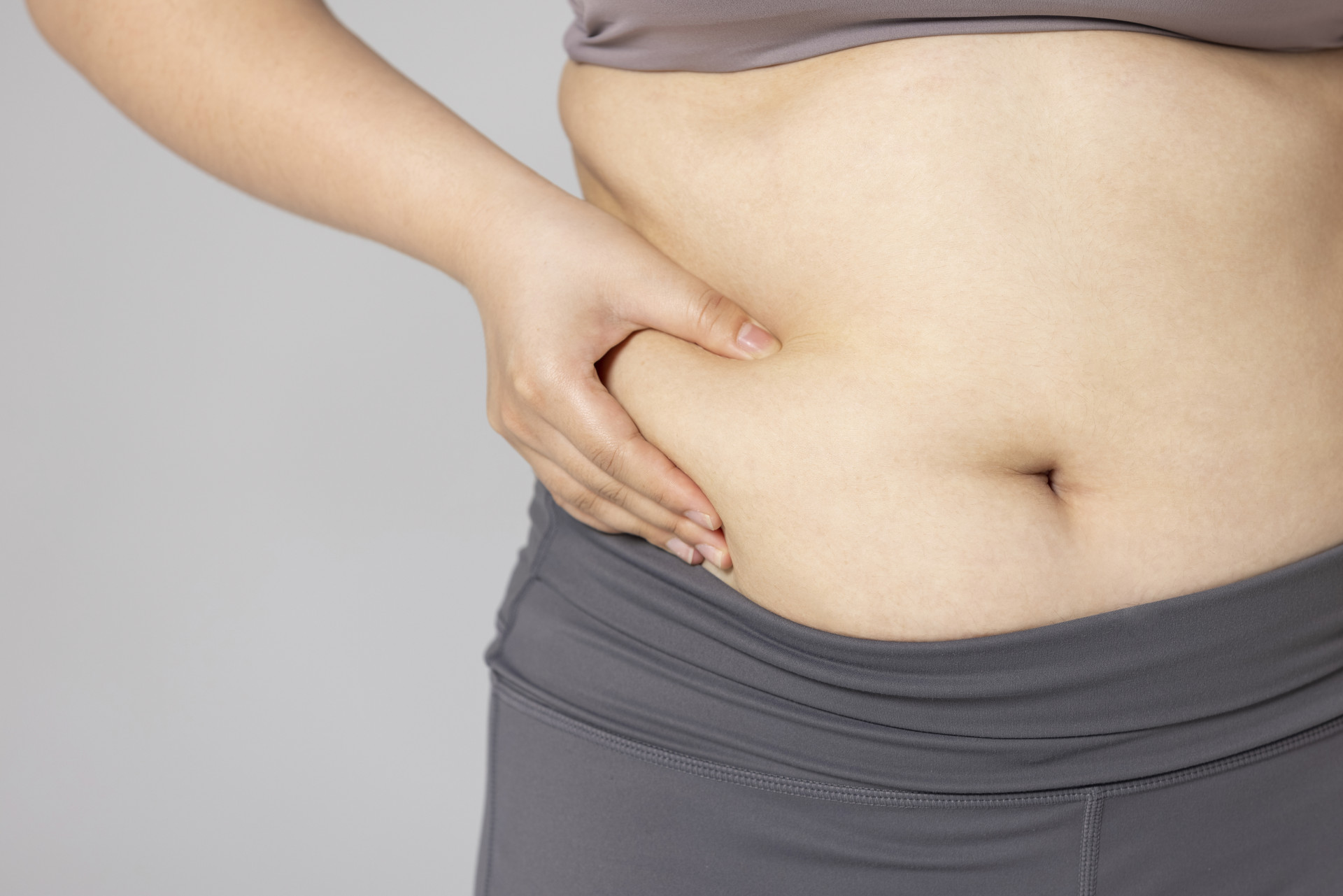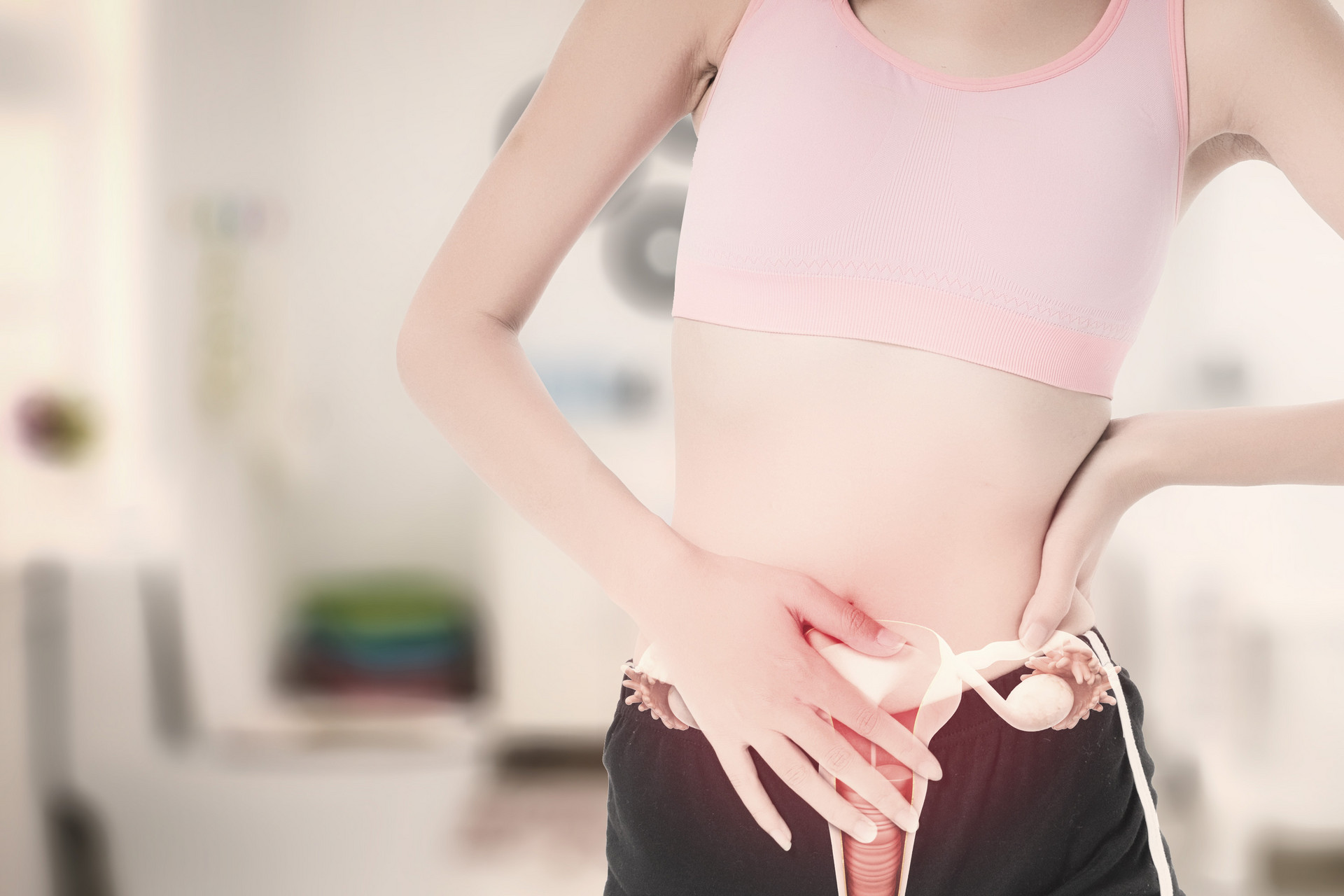Expectant mothers are surely in a blissful state of mind, but they must be careful during their pregnancy.
Prenatal check-ups: In the late stages of pregnancy, prenatal check-ups are conducted every two weeks. In addition to monitoring the baby's growth, these check-ups also examine the functionality of the placenta. Through these check-ups, doctors can determine the best mode of delivery for you.
Medication: In the late stages of pregnancy, swelling in the legs and feet can be a troublesome issue. In most cases, no special treatment is required, just adequate rest. If you notice high blood pressure, it is important to consult a doctor and avoid taking any antihypertensive medication that you may have been taking before pregnancy, as it may pose unnecessary risks. Although the baby's condition is stable in the final stage of pregnancy and medication has minimal impact on the baby, it is still important to avoid exposure to infectious pathogens, and medication should always be a last resort.
Walking: With a growing belly, it is important to maintain balance and ensure safety while walking. It is advisable to wear low-heeled and stable shoes to prevent any imbalance and potential falls.
Exercise: Take regular walks and engage in appropriate prenatal exercises, as they can greatly benefit natural childbirth.
Going out: Avoid crowded places. If you must go out, always have someone accompany you and choose a safe mode of transportation. It is particularly important to avoid bumpy and long rides. As you are in the late stages of pregnancy, long-distance travel is not advisable.
Diet: Minimize eating out and control your portion sizes. Follow the principle of eating small meals frequently.
Hygiene: Pregnant women tend to sweat more, so it is best to bathe or wipe down with warm water daily. Also, pay attention to bathing safety - avoid excessively long baths and high water temperatures to protect yourself and the baby. Due to increased secretions, it is important for pregnant women to change their underwear daily.
Sexual activity: In the last 6 to 8 weeks of pregnancy, it is advisable to avoid sexual activity to prevent premature rupture of the membranes and premature birth.
Work: If you have to sit for long periods at work, make sure to elevate your feet and wear comfortable clothes and shoes. Take breaks and stretch or move around after working for a while. Stay hydrated by drinking plenty of water, but do not hold your urine when you feel the urge to go. Try to minimize work-related stress and practice relaxation techniques, such as breathing exercises, during breaks.
Household chores: Expectant mothers in the late stages of pregnancy can still engage in light household chores. However, it is best to avoid tasks that require changes in position (e.g. climbing) or put pressure on the uterus. When doing household chores, perform gentle and slow movements, avoiding excessive exertion.











